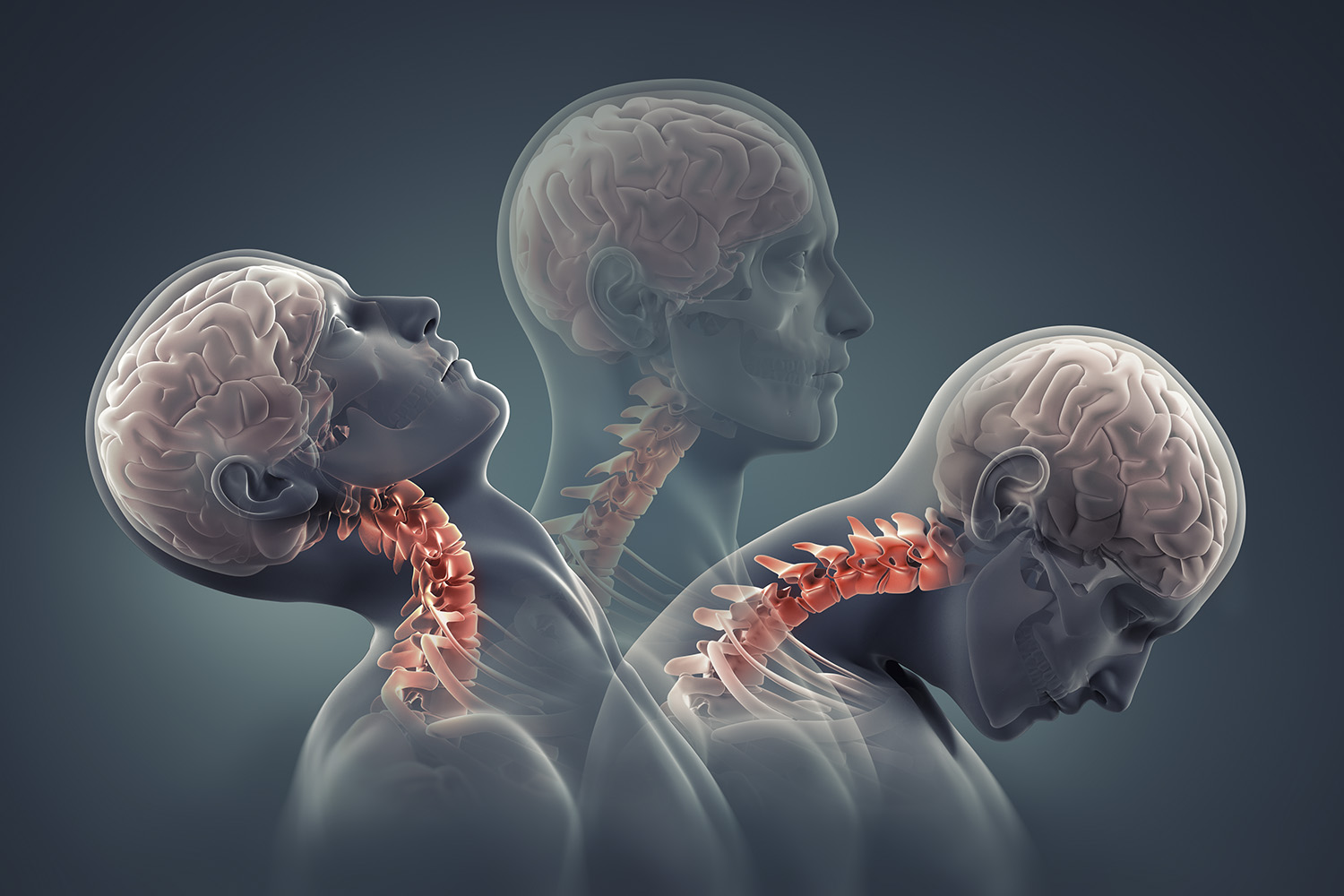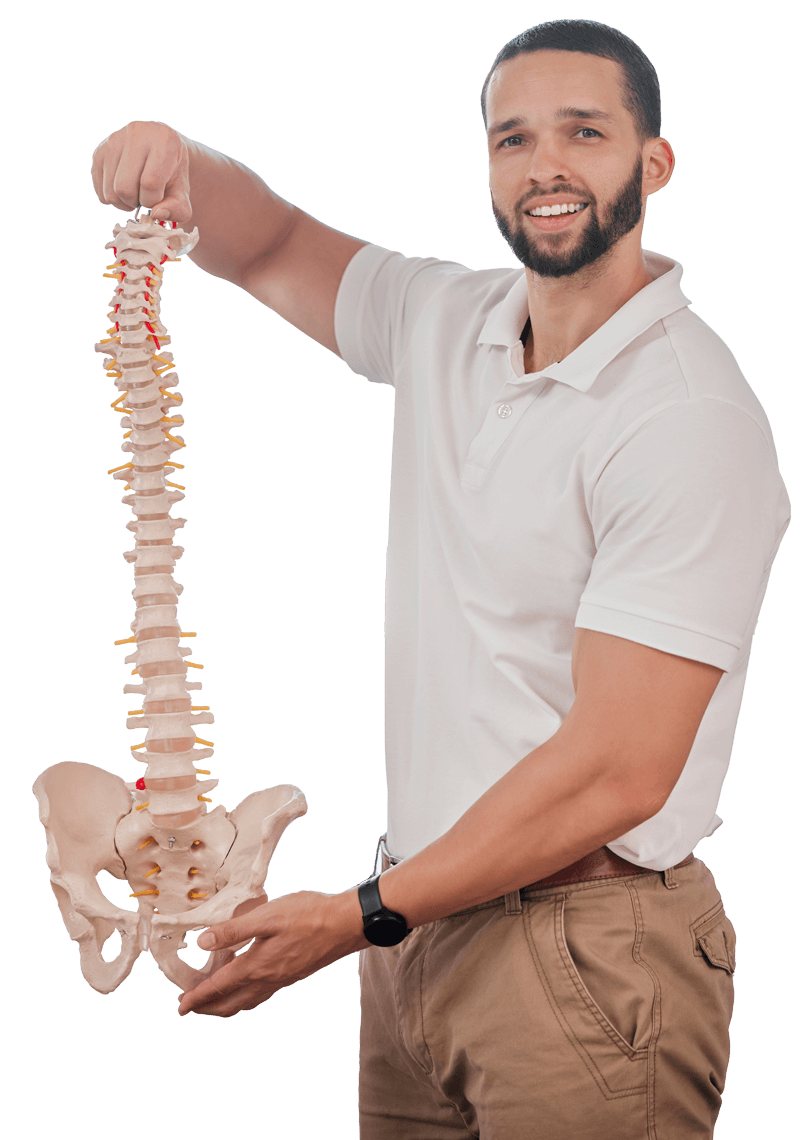Therefore, a multidisciplinary concussion diagnosis approach is the need of the hour for patients to achieve optimal recovery.
The concussion diagnosis process method starts with analyzation of each patient’s lifestyle, goals and taking a deep dive into hidden symptoms.
In general case, the most happening cause of concussion is a hard, direct hit to the head during contact sports. It can also happen from an indirect hit causing the head jerk. Other symptoms include loss of memory (amnesia) and confusion. The conditions for amnesia usually involves forgetting the event that caused the concussion.
What is concussion?
The “concussion” frequently relates to “head injuries”. More transparently, concussion diagnosis is the preference over any mild traumatic head injury. The medical situation occurs due to some accidental thrust over the head or the body, which affects the brain as well. As a result, the neurological impairment leads to various physical, cognitive, emotional, and/or sleep-related disruptions.
What is the common diagnosis process of concussion?
In reality, no two cases of concussion in the patients are alike, and the experience of concussion is different for every individual.
However, in some cases, the symptoms of a concussion can be narrow and may not show up immediately. Concussion long term effects can last for days, weeks or even longer.
The long term effects of concussions include post-concussion syndrome, which usually persists for six weeks.
Furthermore, opting for physiotherapy helps reduce the short term effect along with a cautious check over the long term effects of concussions.
How Physiotherapy can help treat a concussion?
As soon as the immediate effects are observed— such as headache, dizziness, difficulty with balance and coordination, nausea/vomiting; one must consider consulting a physical therapist. The physiotherapist will run through various concussion tests and conduct a background check to figure out the root cause of the injury.
After a thorough assessment of the concussion tests, the physiotherapist analyzes various angles for the causes. The analysis leads to the implementation of a suitable treatment plan. The treatment plan focuses on specialized areas that connect the root cause.
A physiotherapist addresses three main issues through the treatment sessions for a posture correction:
Cervical spine issues after a concussion test
This involves reliefs in the neck or the spine tensions. The physiotherapist can help in many ways:
- Strengthen neck muscles
- Inclusion of manual therapy to ensure the joints are flexible
- Usage of myofascial release techniques to ensure good mobility of the underlying soft tissue
Vestibular issues after a concussion test
Vestibular problems involving dizziness or imbalance of the body. A physiotherapist can help restore balance through balance training or repositioning with the head maneuver. This concussion treatment method includes moving the ear crystals to an area of your inner ear that eases dizziness.
Visual disturbances after the concussion
In case the vision is affected after a concussion test, ocular reflex training helps improve visual motor control and reduce visual disturbances.
Exertion issues after a concussion
If exertion is an issue, exercise prescriptions add to the list on concussion treatment plan. The exercise sets are totally customized for individual patients.
Conclusion
So, are you suffering from a concussion? Knowing the root cause is essential and the analysis of risk factors is the first step to accurate concussion diagnosis and a step to full recovery.
We want to ensure the best care possible when an individual suffers a concussion. Our physical therapists stay aligned with current research and rehabilitative techniques regarding concussion treatment and protocols. Connect with us to help you get better.


